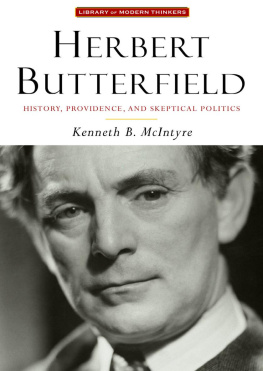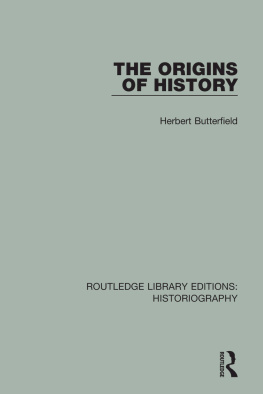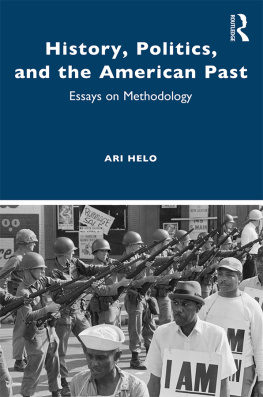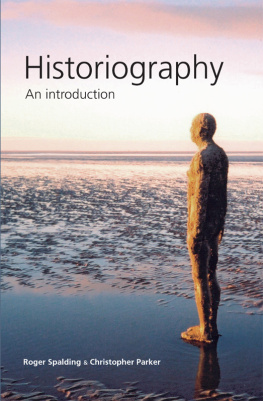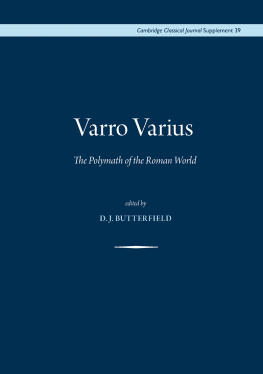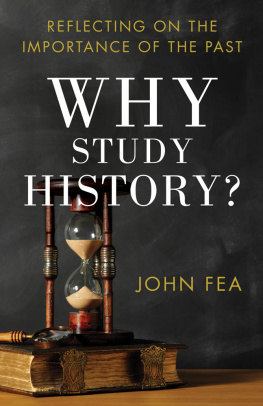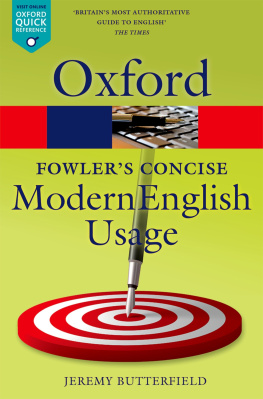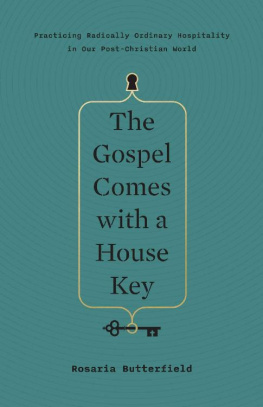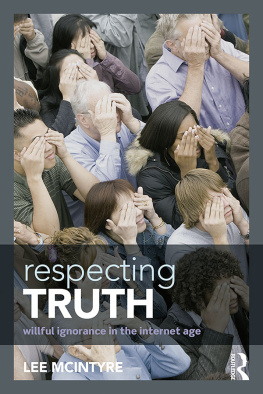Introduction
IN AN AGE OF SPECIALIZATION and secularization, Herbert Butterfield's diverse accomplishments are as extraordinary for their resistance to these predominant cultural movements as for their insight and prescience. Butterfield achieved success as both a public intellectual and as an academic historian in a variety of fields ranging from historiography and international relations to the history of England in the eighteenth century and the history of the scientific revolution. He also maintained a sincere fidelity to the Augustinian Christianity of his upbringing. He was a committed and respected scholar whose influence over the development of modern historiography, the history of science, and the English School of international relations is widely acknowledged. His understanding of his faith informed the development of his ideas about the nature and limits of political activity at the domestic and international levels.
While not a conventionally systematic thinker, Butterfield was a prolific and erudite writer with a penetrating intelligence and a shrewd grasp of many of the central intellectual and moral issues of his day. His essays are remarkable for their highly epigrammatic style and effortless accessibility, qualities which contributed to his reputation inside and outside of academia. He was also a notable contrarian, always questioning the conventional wisdom of the day. Butterfield's work is remarkable for its depth of insight and for its diversity and breadth.
He is best remembered for his early historiographical essay The Whig Interpretation of History (1931), which made his name amongst academic historians and popularized the notion that the historical past is somehow distinctive or different from a merely practical account of the past. This notion that historical explanation entails a sympathetic understanding of the past in its particularity or independence from present concerns was also being given a philosophical elaboration by thinkers like R. G. Collingwood and Michael Oakeshott, but Butterfield translated the somewhat arcane language of the philosophers into a medium that has had a decisive influence on European and American historians ever since.
His essays on the origins of modern historical explanation and on the origins of modern science basically created the modern disciplines of the history of historiography and the history of science. These investigations into the emergence of the historical and scientific consciousness profoundly influenced such contemporary thinkers as J. G. A. Pocock and Thomas Kuhn. Butterfield was one of the first contemporary thinkers to place the scientific revolution at the heart of Western modernity, and was also one of the first historians to recognize the radical novelty of modern historical experience. Isaiah Berlin traced this new way of conceiving the past in terms of its divergence from and irrelevance to the practical concerns of the present to Giambattista Vico, noting that the task of the historian [now] was not merely to establish facts and give causal explanations for them, but to examine what a situation meant to those involved in it, what their outlook was, by what rules they were guided, what absolute presuppositions' (as Collingwood called them) were entailed in what they (but not other societies, other cultures) said and did. The revolution in historical consciousness brought about a new awareness of the foreignness of the past.
In addition to his work as an academic historian, Butterfield made significant contributions to the field of international relations and his various essays on politics and the development of liberty in the modern world constitute a somewhat disparate but substantial understanding of political life. In these areas, it becomes obvious that Butterfield's commitment to his Christian faith was not a merely factitious aspect of his life, but instead the central feature of his conception of political and moral life. Butterfield's Augustinian emphasis on the ubiquity of sin and the importance of the individual personality led him to develop a religious version of the skeptical liberalism of his native England, and his vision of politics informed his historically sensitive conception of the international order. This skeptical liberalism provided the basis for a critique of ideological politics both domestically and internationally, and a condemnation of the dangers of hubristic or self-righteous crusading in international affairs. Indeed, Butterfield's skeptical liberalism offers a compelling alternative to a contemporary political world defined primarily by its Manichean distinctions and its quasi-religious conflicts.
Herbert Butterfield was born on October 7, 1900, in Yorkshire, England. He was the son of devout working-class Methodists. His father, who had once aspired to be a Methodist minister, left school early upon the death of Butterfield's grandfather and worked at a local wool factory, eventually becoming chief clerk in the firm. From a young age, Butterfield entertained thoughts of becoming a minister himself, and in fact eventually became a lay minister in the Methodist church, preaching in his native Yorkshire and at Cambridge. He attended the local grammar school at Keighley before matriculating at Cambridge University as a scholarship student.
At Cambridge, he was a student at Peterhouse College, which was notable for its strength in history. Sir Adolphus Ward, one of the editors of the first Cambridge Modern History, was the Master of Peterhouse at the time, and Harold Temperley, a noted diplomatic historian who became Butterfield's intellectual mentor, was a fellow there when Butterfield matriculated. Butterfield graduated with a double first in history and won several academic prizes along the way. He was subsequently elected a Fellow of Peterhouse, and would remain affiliated with the college in some way for the rest of his life.
His first work of academic history, The Peace Tactics of Napoleon, 18068, was published in 1928. It manifested the influence of Temperley and is a model of what Butterfield would subsequently call technical history. In that same year, he married Edith Joyce Crawshaw, with whom he would have three sons. Crawshaw was the daughter of a Methodist minister, and the sister of one of Butterfield's friends. Her interests were more artistic than historical, though she did assist in proofreading his work and preparing it for publication. In 1931, The Whig Interpretation of History, the book that would become most closely associated with his name, was published to mixed reviews. Although Butterfield was still a very young man, he had written a defense of the autonomy of history which would become a central text in the historiography of the twentieth century.
At the end of the decade and in the dark years preceding World War II, he wrote a short biography of Napoleon which was published in 1939 and a brief examination of the political and historical ideas of Machiavelli entitled The Statecraft of Machiavelli (1940). Both of these works contain a subtle message concerning the dangers of modern revolutionary politics. This message was more explicitly affirmed in The Englishman and His History (1944), in which Butterfield, while maintaining his critical stance toward Whig historians, offered a celebration of the Whig political tradition of ordered liberty. In 1944, Butterfield was named professor of modern history at Cambridge.

